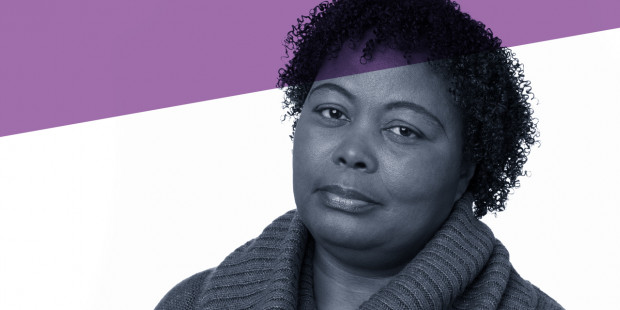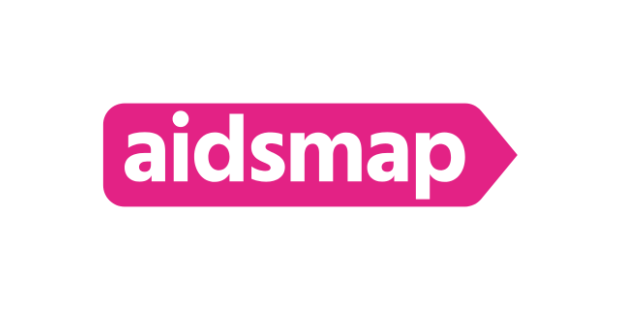The Equality Act applies in England, Wales and Scotland and gives protection in relation to employment, education, access to goods, facilities and services as well as in buying or renting land or property.
This means that if you experience discrimination in one of the areas listed below, you can take action in the civil courts:
- age
- disability
- gender reassignment
- marriage and civil partnership
- pregnancy and maternity
- race
- religion and belief
- sex
- sexual orientation
These areas are considered ‘protected characteristics’ under the Equality Act.
Under this legislation, all people diagnosed with HIV are considered to be ‘disabled’ regardless of their health status.
Employment
Being considered disabled gives people with HIV protection against discrimination in many aspects of employment, including the recruitment process.
The legislation protects you from less favourable treatment in the following areas:
- When applying for a job.
- In the terms under which employment is offered.
- In opportunities for training, promotion or other benefits.
- In the way you are treated by your employer and colleagues.
- When being dismissed or selected for redundancy.
- After leaving the job, e.g. when requesting a reference or dealing with the company pension fund.
An employer can be held responsible not just for the discriminatory actions of the management or of the company itself but also for the behaviour of other employees.
For example, if an employee living with HIV suffers harassment from his or her colleagues and the employer cannot show that they took steps to try to prevent this happening, the employer can be held responsible.
Employer responsibilities
Probably the most important aspect of the legislation is the right to request reasonable adjustments.
If there is a way of working or an aspect of the workplace that puts a disabled worker at a disadvantage, the employer must make all adjustments which are reasonable to remove that disadvantage. This means that employers must take reasonable steps so that the disabled worker can carry out his or her job without disadvantage.
The employer must normally be aware of the employee’s disability before they are expected to make reasonable adjustments.
For people with HIV, the most commonly requested adjustments tend to be time off for clinic appointments, changes in hours worked and changes to start or finish times.
Another important aspect of the legislation is that, except in very restricted circumstances, the employer is prohibited from asking job applicants health or disability-related questions until the person has been offered a job.
Healthcare
Under the Equality Act, the following things could be unlawful discrimination by a healthcare or care provider if based on a protected characteristic:
- Refusing to provide you with a service or take you on as a patient or client.
- Stopping providing you with a service.
- Giving you a service of worse quality, or on worse terms, than they would normally offer.
- Causing you harm or disadvantage.
- Behaving in a way which causes you distress or offends or intimidates you.
- Punishing you because you complain about discrimination or help someone else complain.
What is unfair treatment when receiving health or care services?
Some examples include:
- You’re refused cancer treatment because of your age.
- You can’t register with a GP because you’re a Gypsy or a Traveller.
- You find it difficult to communicate with hospital staff because the hospital doesn’t provide sign language interpreters.
- A private care home refuses to accept you because you’re gay.
- A social worker is verbally abusive towards you because you’re trans.
More information
If you would like some advice on this, please contact THT Direct by email or on 0808 802 1221.
You can also talk to one of our online advisors, or contact the Equality Advisory Support Service (EASS) or the Advisory, Conciliation and Arbitration Service (ACAS).






